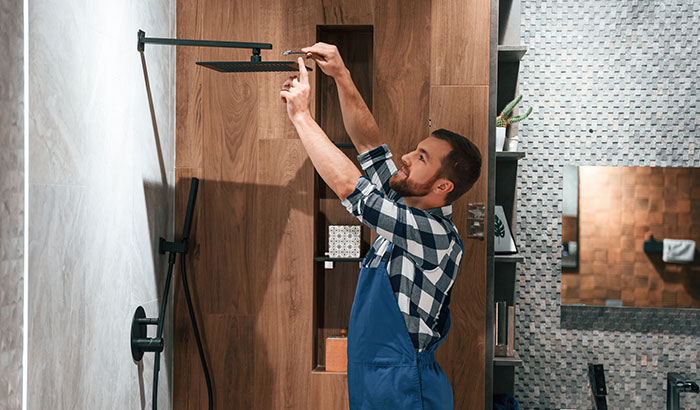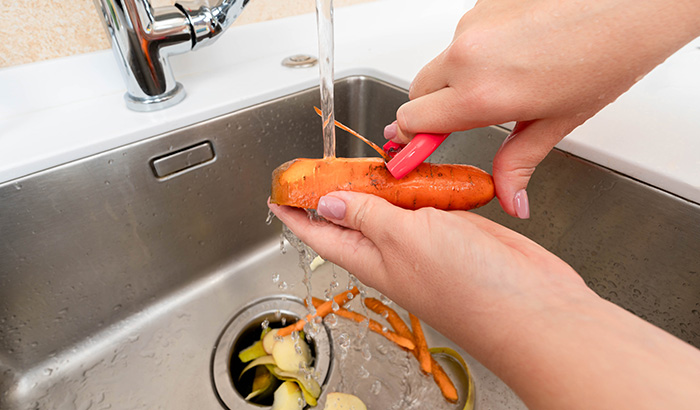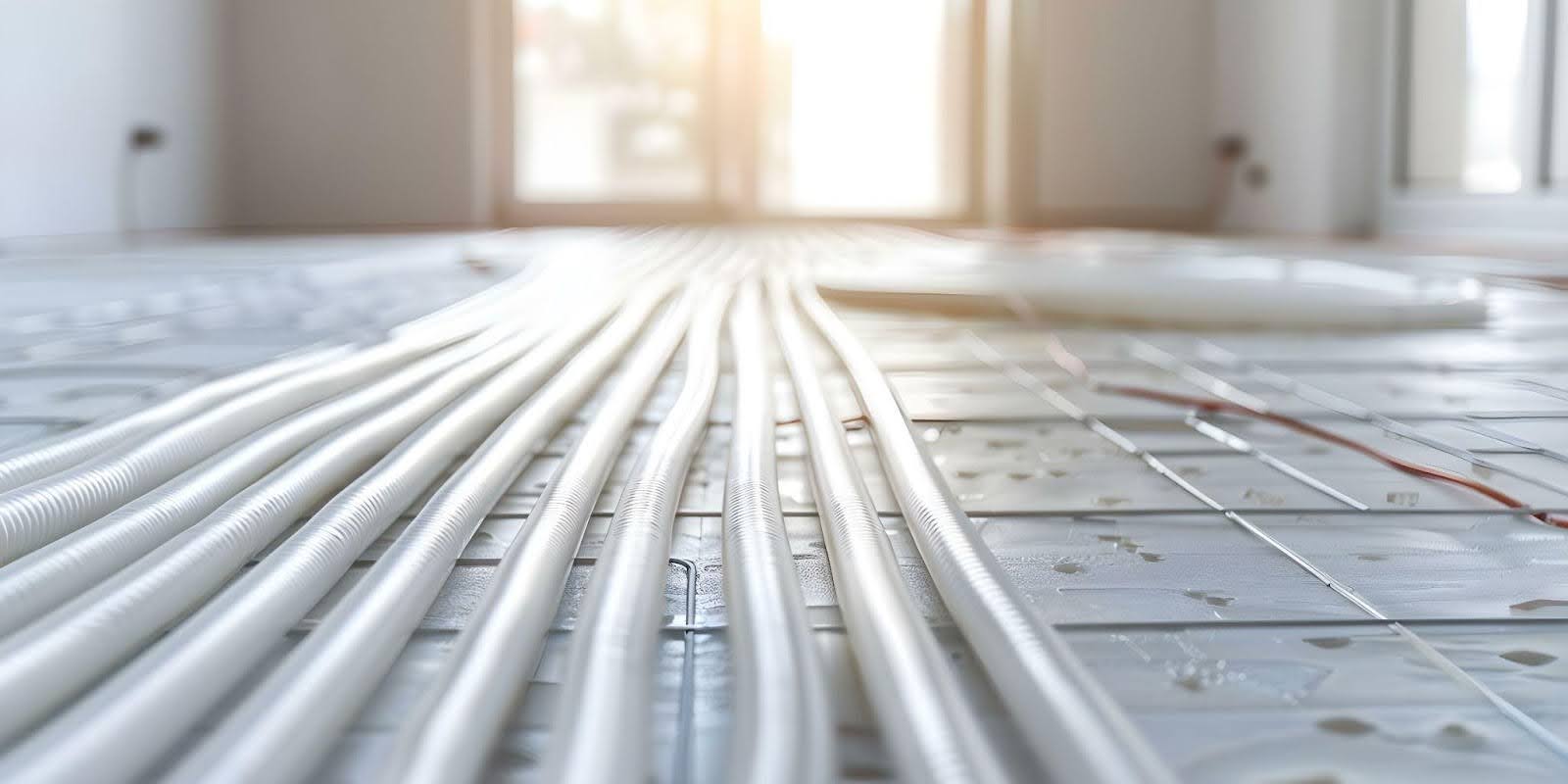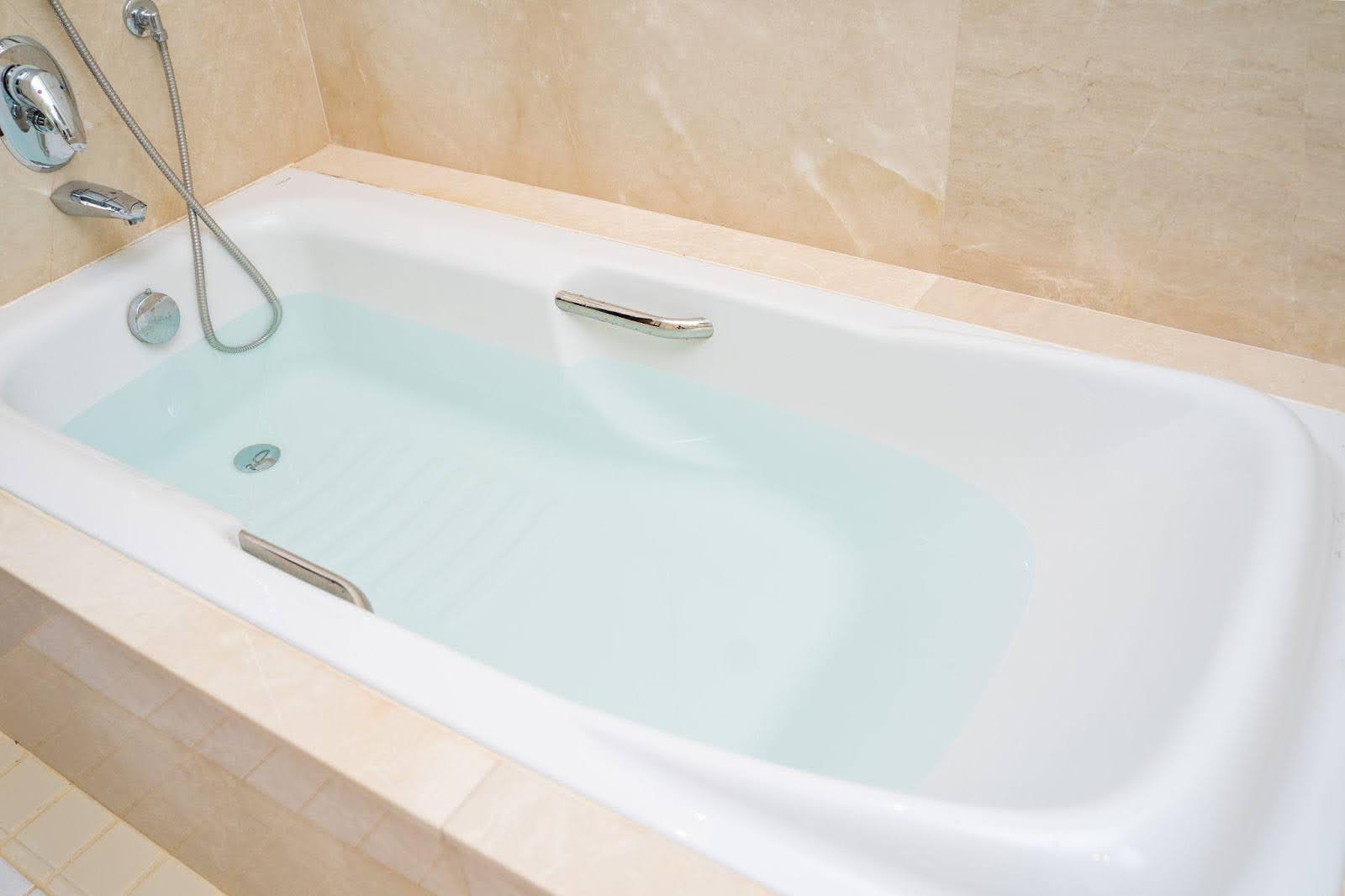Tub and shower maintenance is essential if you want to avoid costly repairs due to neglect, but how? This article will give you tips on bathroom maintenance to prevent mandatory repairs. However, some things will require the assistance of a plumber, so we will also give you tips on when it is necessary to call a plumber.
First, let’s look at things you should be doing as part of your bathtub maintenance:
- Rinse the tub after each use: After using the bathtub, rinse it with warm water and wipe it down with a soft cloth or squeegee. This will help prevent soap scum buildup and keep the tub clean.
- Avoid using abrasive cleaners: Harsh cleaners, such as bleach or abrasive scrubbers, can damage the finish of your bathtub. Instead, use a gentle, non-abrasive cleaner specifically designed for your type of tub.
- Use a drain strainer: To prevent hair and other debris from clogging your drain, use a drain strainer. Clean it regularly to ensure it continues to work effectively.
- Keep the area around the tub dry: Moisture can lead to mold and mildew growth, so thoroughly dry the area around your bathtub after each use. You can use a towel or a fan to help speed up the drying process.
- Repair leaks promptly: If you notice any leaks in your bathtub or plumbing, fix them immediately to prevent water damage and further deterioration.
- Clean your bathtub regularly: Depending on how often you use it, you should clean it every few weeks to keep it looking and smelling fresh.
- Use a soft-bristled brush: When cleaning your bathtub, use a soft-bristled brush or sponge to avoid scratching the surface.
- Don’t let water sit in the tub: Standing water can cause stains and damage your bathtub. Make sure to drain the water after each use.
- Address any chips or cracks: If you notice any chips or cracks in your bathtub, get them repaired as soon as possible to prevent further damage.
- Use a mat or non-slip stickers: To prevent slips and falls, use a non-slip mat or stickers in the bathtub. Make sure to clean them regularly to avoid bacteria or mold growth.
Next, let’s look at things you should be doing as part of your shower maintenance:
- Clean the shower regularly: Depending on how often you use your shower, you should clean it every week or two to prevent soap scum, mold, and mildew buildup.
- Use a squeegee: After each shower, use a squeegee to remove excess water from the walls and floor. This will help prevent water stains and mold growth.
- Clean the showerhead: Mineral deposits can build up in your showerhead and reduce water flow. To clean it, soak the showerhead in vinegar overnight and then scrub it with a soft-bristled brush.
- Check for leaks: If you notice any leaks in your shower or plumbing, fix them immediately to prevent water damage and further deterioration.
- Keep the shower area dry: Moisture can lead to mold and mildew growth, so dry the area around your shower thoroughly after each use. You can use a towel or a fan to help speed up the drying process.
- Replace the caulk: Over time, the caulk can crack and peel, allowing water to seep behind the walls. Check the caulk around your shower regularly and replace it as needed.
- Install a water softener: If you live in an area with hard water, consider installing a water softener to prevent mineral buildup in your shower and plumbing.
Now, let’s take a look at five issues with your bathtub or shower that tell you it’s time to call a plumber:
- Low water pressure: If your showerhead or bathtub faucet is not delivering enough water pressure, it could be a sign of a clogged pipe, a broken valve, or a leak in the plumbing system.
- Clogged drain: If water is not draining properly from your bathtub or shower, it could be due to a clogged drain. This can be caused by hair, soap scum, or other accumulated debris over time.
- Leaks: If you notice any leaks in your bathtub or shower, such as water dripping from the faucet, showerhead, or walls, it could indicate a problem with the plumbing or the seals around the fixtures.
- Strange odors: If you smell unpleasant odors coming from your bathtub or shower, it could be a sign of a clogged drain, a broken trap, or mold growth.
- Mold or mildew: If mold or mildew grows in your bathtub or shower, it could indicate excessive moisture or a leak in the plumbing system.
If you are unsure how to fix any of these issues or do not have the necessary tools or expertise, it is best to call a licensed plumber to diagnose and repair the problem.
What you can expect from hiring a plumber:
- Expertise: Plumbers have the necessary knowledge, experience, and training to diagnose and repair issues with your bathtub or shower. They can identify the root cause of the problem and provide a reliable and effective solution.
- Safety: Working with plumbing can be dangerous, especially if you do not have the proper tools, training, and experience. A plumber can perform repairs safely and minimize the risk of injury or property damage.
- Efficiency: Plumbers can work quickly and efficiently to fix issues with your bathtub or shower, saving you time and money in the long run.
- Quality of work: A professional plumber can provide high-quality work, using the best materials and techniques to ensure that your bathtub or shower is fixed correctly and will last a long time.
- Warranty: Many professional plumbers offer warranties or guarantees on their work, providing you with peace of mind and protection against future issues.
A professional plumber can fix the problem correctly and safely and help prevent further damage to your plumbing and home.
But not just any professional.
Salisbury Plumbing
Salisbury Plumbing is ready to provide quality work to fix any problems with your tub or shower. We have the tools and experience to determine what repair is required and how to complete the job correctly. Contact us today, and we will ensure you receive quality service at an affordable price. If you’re dealing with an emergency and need a quick response, don’t hesitate to call us at 385-375-1207.
toto slot






